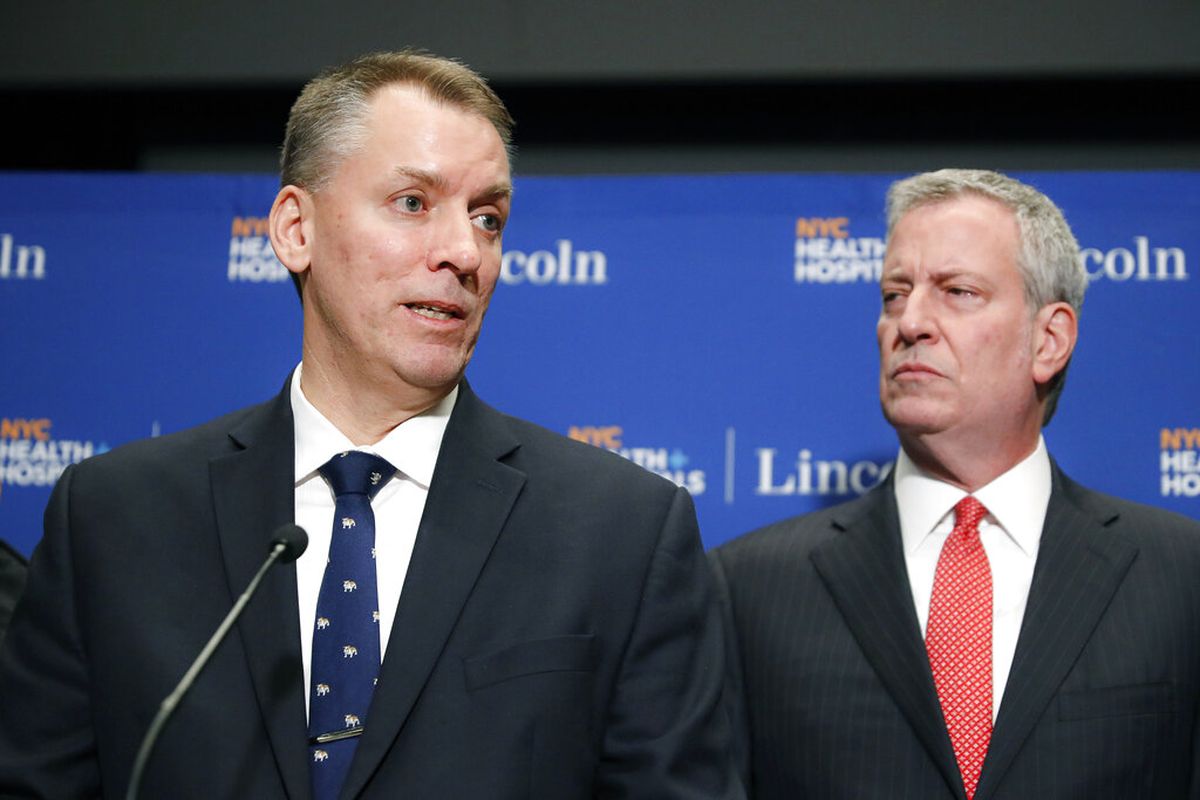NYPD Introduces Guidelines for Disciplining Officer Misconduct

NEW YORK, KOMPAS.com - America’s largest police department, the NYPD, unveiled a draft of a discipline matrix that will guide punishment decisions for officer misconduct.
The discipline matrix works similarly to how sentencing guidelines are used in criminal cases and will be adopted after a 30-day public comment period.
This establishment of the matrix appears to be a more concrete step in addressing officer misconduct.
When the NYPD fired an officer last year for putting Eric Garner in a deadly chokehold, the officer's union argued that there was little, if any, precedent within the department's internal disciplinary system for such a penalty.
Read also: Wisconsin Police Shooting of Jacob Blake Triggers Unrest in Kenosha
“We wanted to make it very, very clear that if you do certain things there are certain consequences,” said Assistant Chief Matthew Pontillo, who helped develop the disciplinary policies with help from department officials and outside agencies.
Mayor Bill de Blasio called it a “big step forward for transparency and accountability".
Fred Davie, chair of the city's police watchdog agency, said he was “encouraged by some of the clear standards laid out in this new set of rules”.
Police reform advocates weren't as enthused, arguing the NYPD still has too much power policing its own and that it rarely enforces top penalties.
The New York Civil Liberties Union cited data showing that just 12 officers have been fired for misconduct since the mid-1980s.
The NYPD, however, said many more officers have been dismissed or forced to separate from the department, including 27 in 2018 and 31 in 2017.
Read also: US Police Hits Recruitment Snag While Young Cops Opt for Humane Policing
The head of the city's largest police union blasted the guidelines for different reasons, painting them as a way for elected officials “to manipulate NYPD discipline to further their radical political goals”.
“Apparently mandatory minimums and sentencing guidelines are unfair to criminals but perfectly fine for cops," said Pat Lynch, president of the Police Benevolent Association, suggesting the guidelines would be subject to change "based on headlines and poll numbers, rather than any objective sense of justice or fairness”.
The NYPD is shifting to formal disciplinary guidelines at a time when law enforcement agencies around the world are being pressed to be more transparent about discipline in the wake of protests over the Minneapolis police killing of George Floyd in May.


































